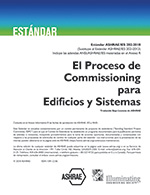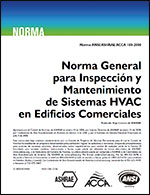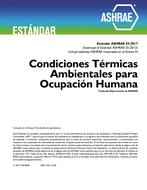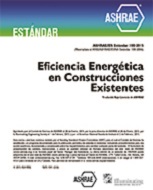Description
Developing understanding of the nature and prevalence of the effects of improper installation and the presence of non-condensables in the installed base of air conditioner and heat pump systems is an untapped avenue for realizing efficiency gains through utility programmatic approaches. The study examines the effects of non-condensable gas on the performance of mini-split heat pumps when introduced to the system’s refrigerant line set. The experimental approach was designed to mimic skipping the line-set evacuation step during installation, which would trap ambient air in the refrigerant loop. Non-condensable gas refers to any gas (for example, the constituents of air) with such a low boiling point that it will remain as a gas in the operating range of the vapor compression system. These gases can reduce the surface area in the heat exchanger between the ambient air and the refrigerant, thus reducing the heat transfer effectiveness of the heat exchangers. Laboratory testing was conducted to evaluate a baseline system installed with a proper evacuation, followed by the same system with injected nitrogen to mimic non-evacuation. Dry nitrogen was used as a proxy to isolate the effects of the gas from other factors such as water vapor. Nitrogen was introduced in a controlled manner through a charging tank enabling a specific mass of nitrogen to be injected. The testing results show up to 30% reduction in system capacity and efficiency, while power consumption and compression ratio of the system decreased 3-5%.
Citation: 2021 Virtual Conference Papers
Product Details
- Published:
- 2021
- Number of Pages:
- 9
- Units of Measure:
- Dual
- File Size:
- 1 file , 990 KB
- Product Code(s):
- D-VC-21-C056




